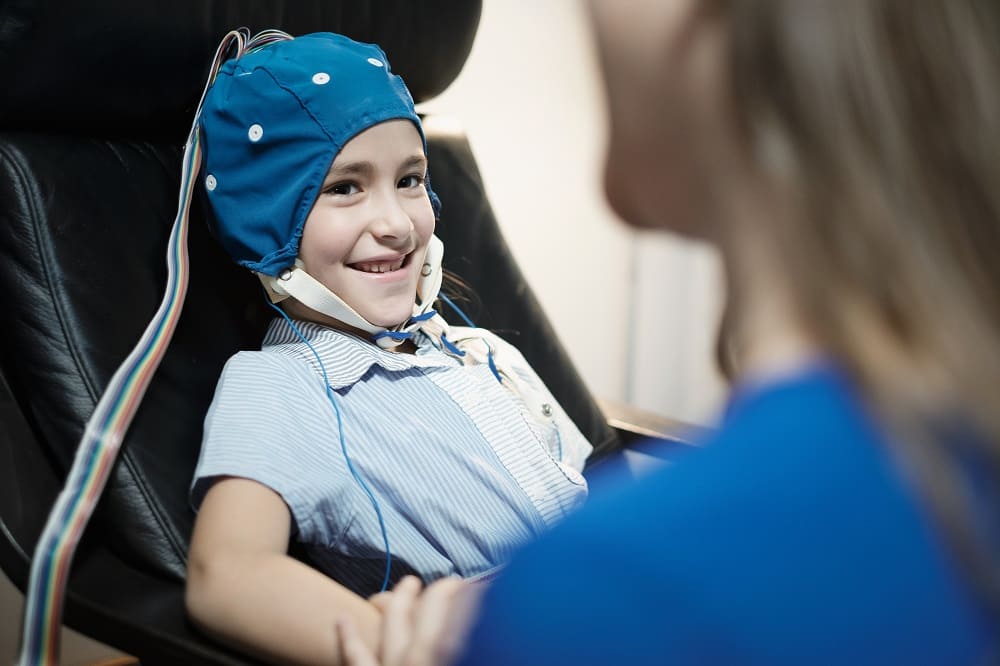Biofeedback is usually a face to face, one on one activity. If you were providing biofeedback prior to the start of social distancing and stay at home orders, things have surely changed drastically for you very quickly. Now what will we do? Many of the people who provide biofeedback also provide psychotherapy. It is much simpler to provide psychotherapy virtually than it is for biofeedback. All you need is for the provider and the client to have a computer, smartphone, or tablet and access to a software program or application like GotoMeeting, Zoom, or Skype. Even though this is considered simple, there can still be impediments. Some clients don’t have smartphones, tablets, or even computers. Some also do not have internet access. If both parties do have access to the necessary technology then the sessions can take place fairly easily and inexpensively.
Read more





